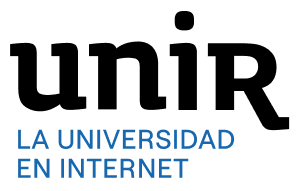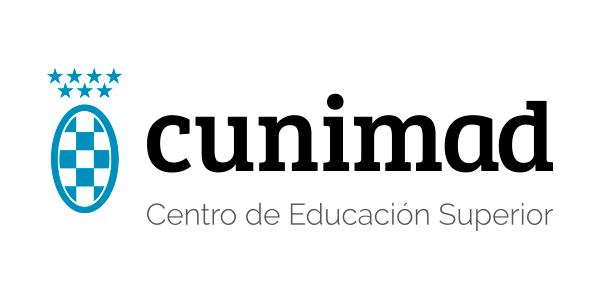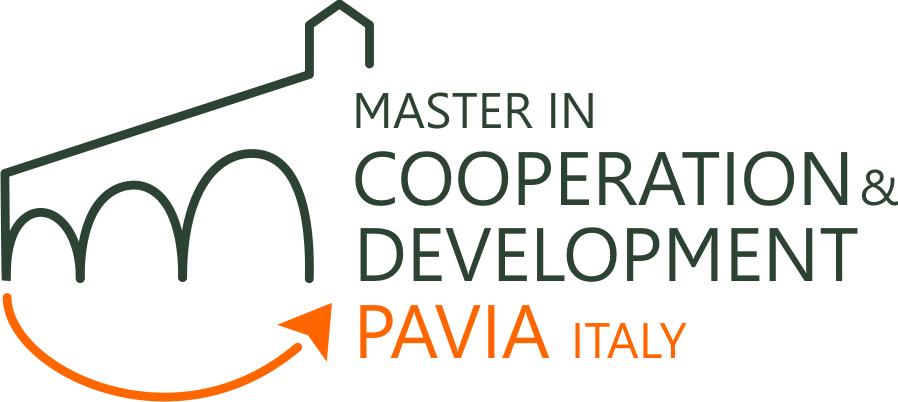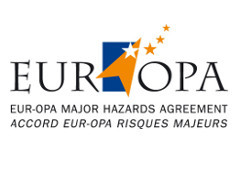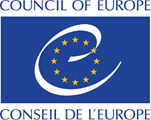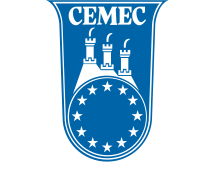- CATEGORY: Traineeships
The Development Aid world looks often not very accessible to students who are studying for a career in International Cooperation. We have interviewed Alessandra Merlo, an Expert with 20 years experience worldwide in design and management of development projects.
She tells us how she started, takes an overview of the experience needed and illustrates the main phases of the projects in consultancy, from tendering to implementation.
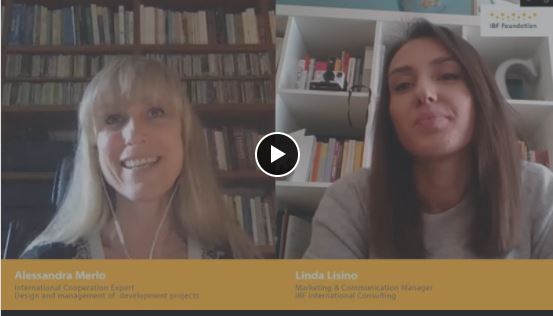
Q: Hello Alessandra, you are an independent consultant in the field of development cooperation projects and you have 20 y experience in development cooperation. We would like to know more about your work and how you started as we believe this could encourage youngsters to choose this path in their studies and working life.
Let’s start by asking you what did you study to work in Development Cooperation?
I studied political sciences and international relations. I made this choice because I wanted to have an international career, to travel, to approach different cultures and I wanted to work with public policies and management…
However, at the university the concept I had of an international career in the public domain was the diplomatic career, or working with international organisations, the UN, the EC...or or working with NGOs in the field, in developing countries.
But the area in which I started to work over 20 years ago is different. It’s about supporting developing countries or countries in transition, I mean working with governments, ministries or public agencies and help them with their reforms – decentralisation, private sector development, legal or judicial reforms etc.
Q: What kind of professional profile is needed?
Many types of profiles. For example you need legal experts to support reforms justice sector for example, you need energy experts to help countries in their transition to low carbon …and these are few examples of the so called “technical expertise”.
But there are other cross-cutting skills that have to do with preparing the bids to get contracts and the management of contracts.
Q: What kind of contracts do you mean?
I mean Contracts with donor organisations (European Commission) or directly with beneficiary countries governments.
These contracts are awarded to consultancies to implement a project. Consultancies that want to participate in a bid need to spot the calls for tenders, prepare project proposals, meaning writing a methodology, putting a team together, so you need to find experts, negotiate with them. Then there is the financial proposal…
Once the bid is hopefully awarded, there is another stream of work, starting the implementation, mobilising the experts, monitoring, reporting, interacting with the donor and the beneficiary agencies. When it comes to implementation,
you can be the Project Manager or be part of the so called backstopping team…the work that you do to support the technical team in the field.
Q: So how did you start your experience in this field?
By chance…I came across a consultancy that was recruiting young people with an international background…I thought it could be my job, even being completely unaware of what it was about…
Q: Is this kind of job, preparing the bids, project manager and backstopping something that is done remotely or you need to travel?
Both. The preparation phase requires a sort of fact finding mission in the field or business development with donors. For example I had the occasion to go Manila to the ADB.
In the implementation, you have the team in the field (team leader, experts, administrative personnel). The project manager goes back and forth. For example I was project manager of a project in Romania and I used to go there every other month to discuss with the public agency and also as part of the monitoring and quality assurance of what happens in the field because the project manager represents the company that has undersigned a contract.
The backstopping work is performed mainly remotely, from home.
Q: How has your role evolved over time?
At a certain point I wanted to do also some “technical work” and I started to work in the team of experts to work in the field. I built on some knowledge that I had from my previous work experiences in European Affairs and also as trainer … I spent one month in Laos, teaching European Affairs to public officials involved in cooperation initiatives with the EU…This was my first experience as an expert in the field.
Q: What do you like most of your job?
A new development project is a new adventure, a new story, …many challenges. It is stimulating, because you feel you are part of a change process…most of the time you are, I mean. You get to know different countries and people – It is never the same…it’s always a surprise – most of the time good surprises…
Q: Do you have any suggestions for students?
It’s a very complex sector, try to make as much experience as possible and just be curious to learn and to take opportunities because things happen by chance.
You can see the full video interview also on our Youtube channel.
University Partners
We are the trusted international internship partner to top colleges and universities
